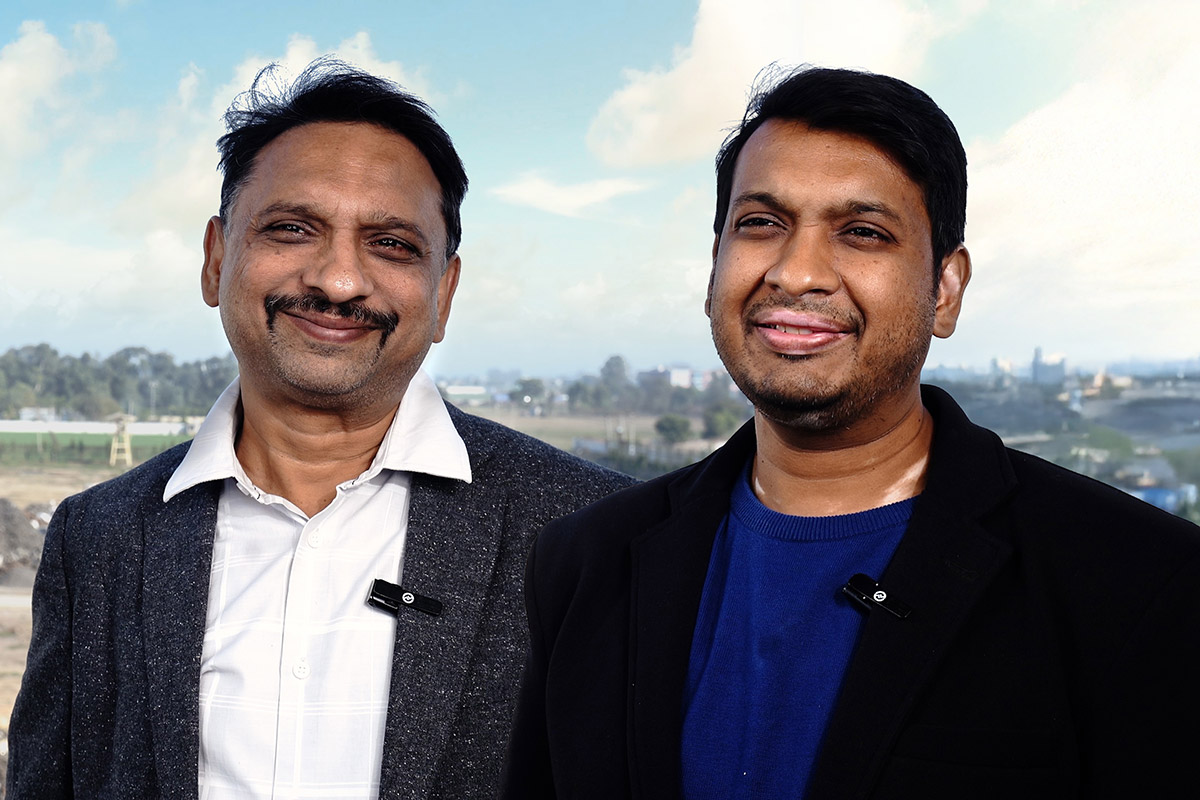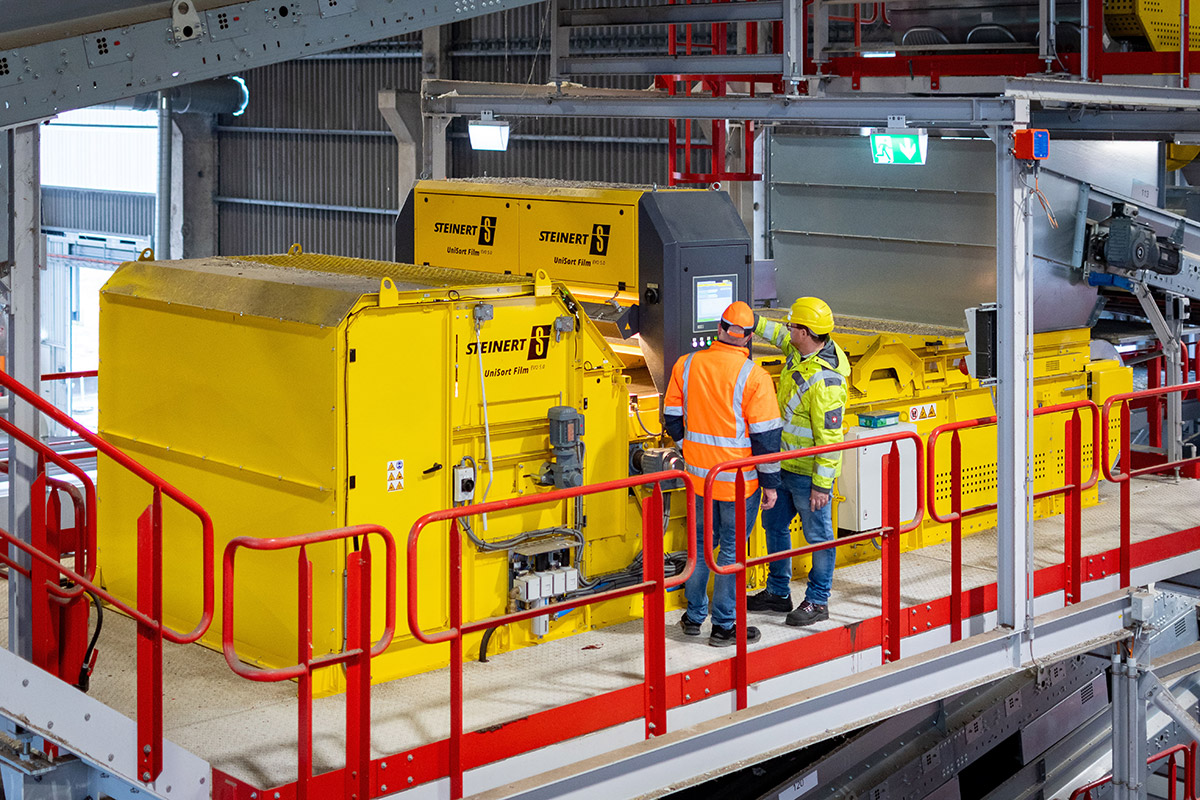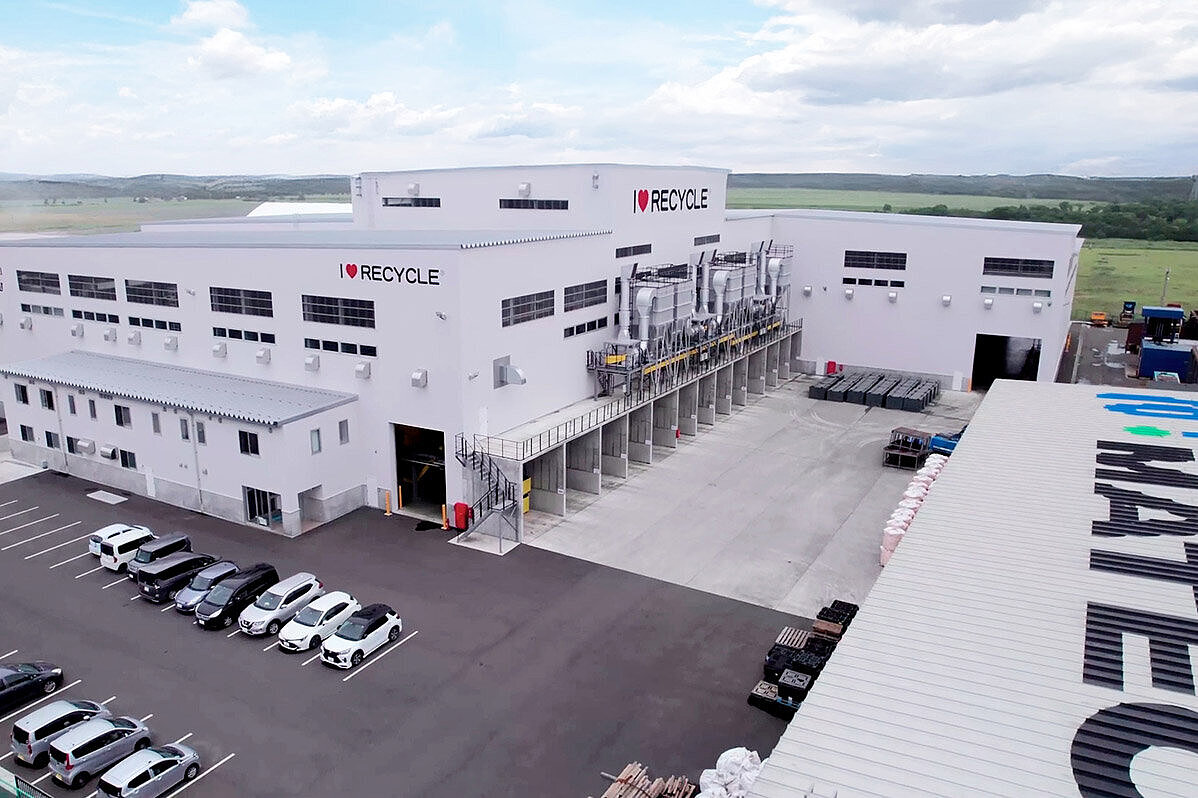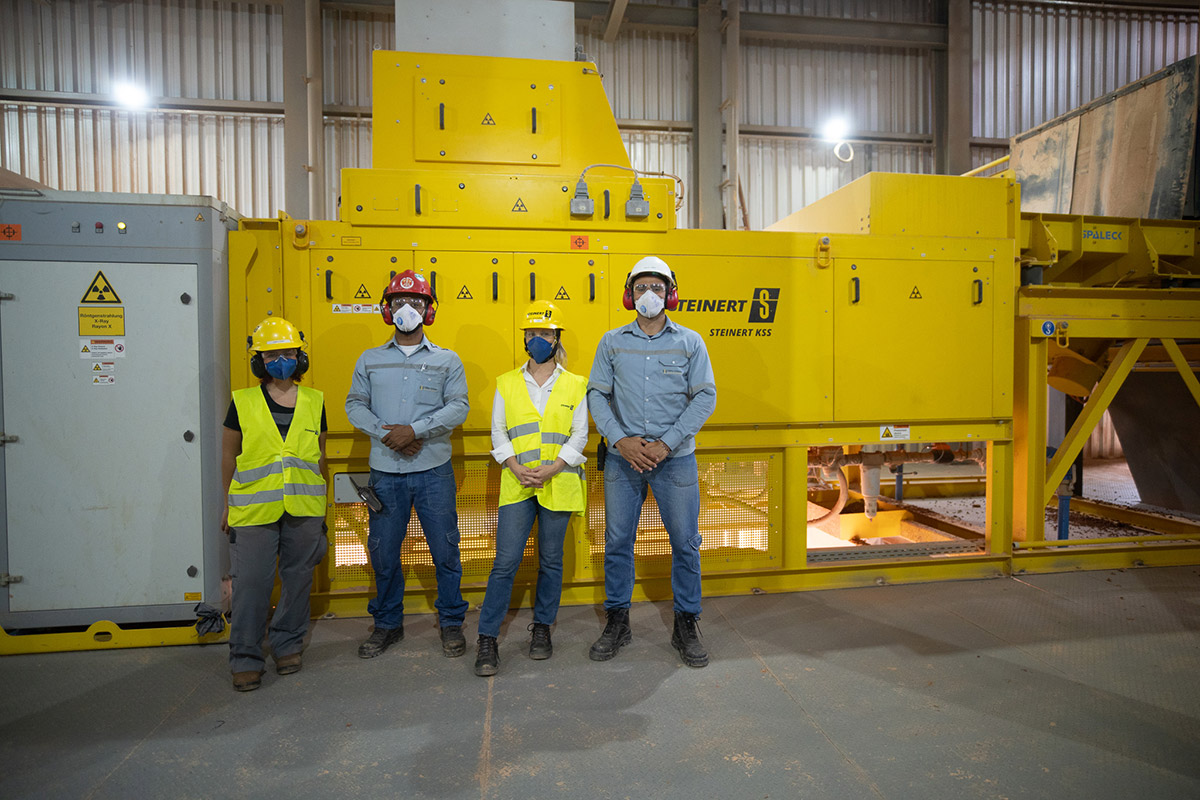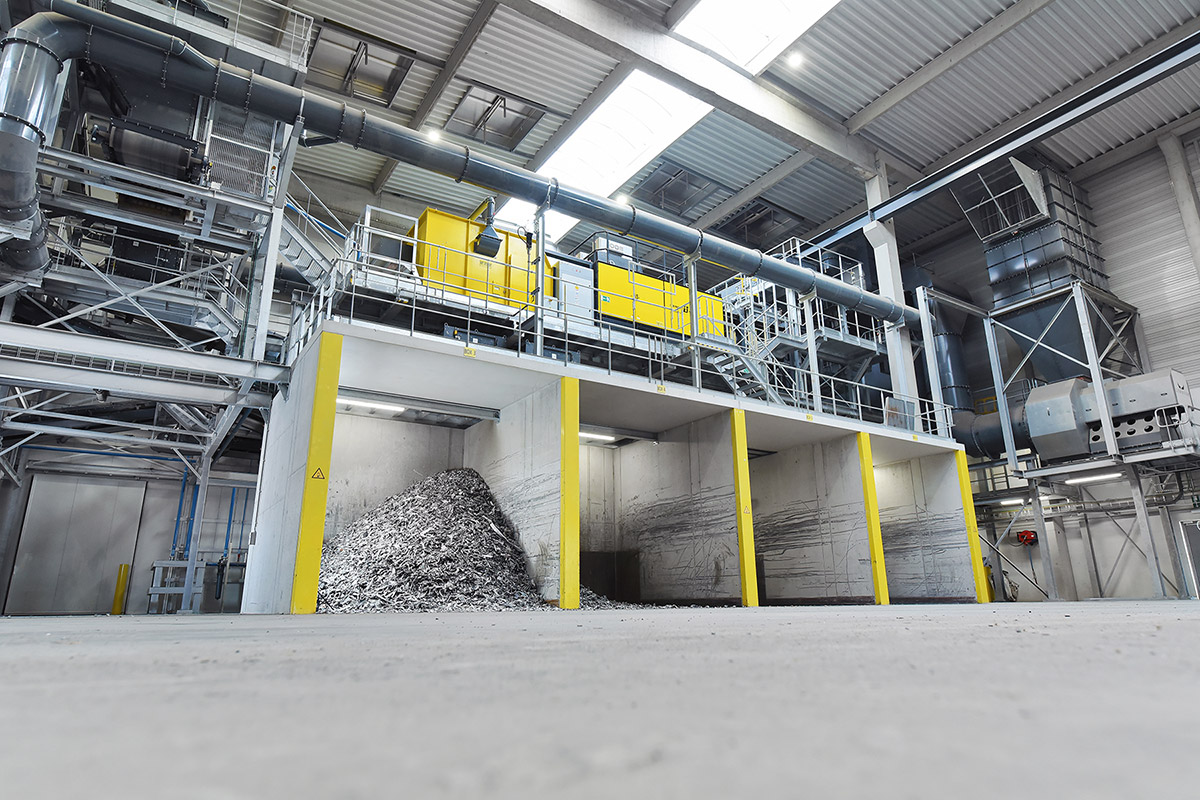Events
Pollutec
07 - 10 October 2025
Lyon, France
K 2025
08 - 15 October 2025
Düsseldorf, Germany
Ecomondo
04-07 November 2025
Rimini, Italy




